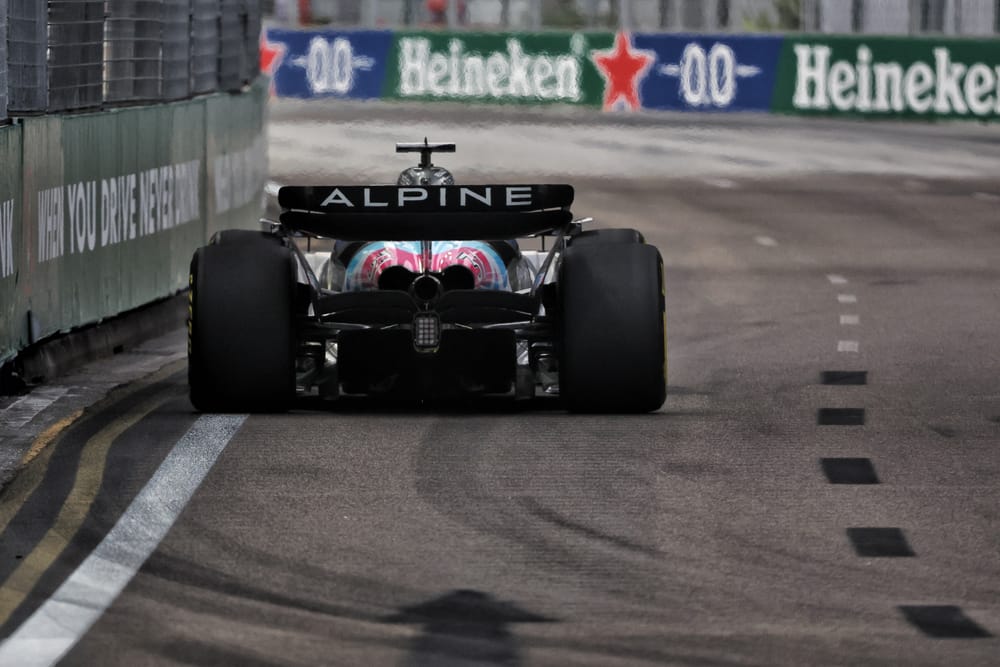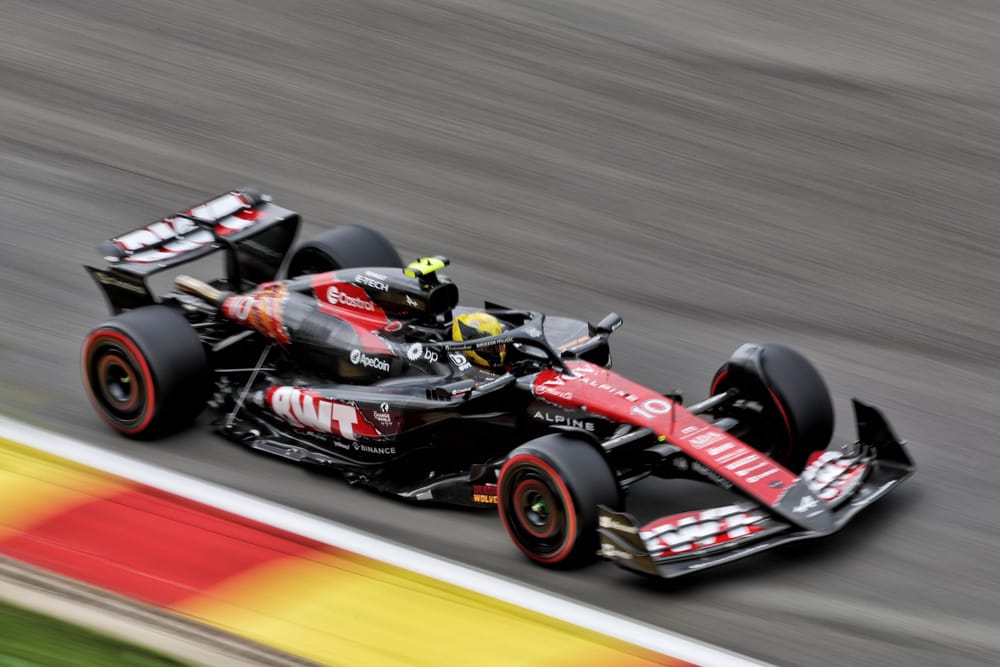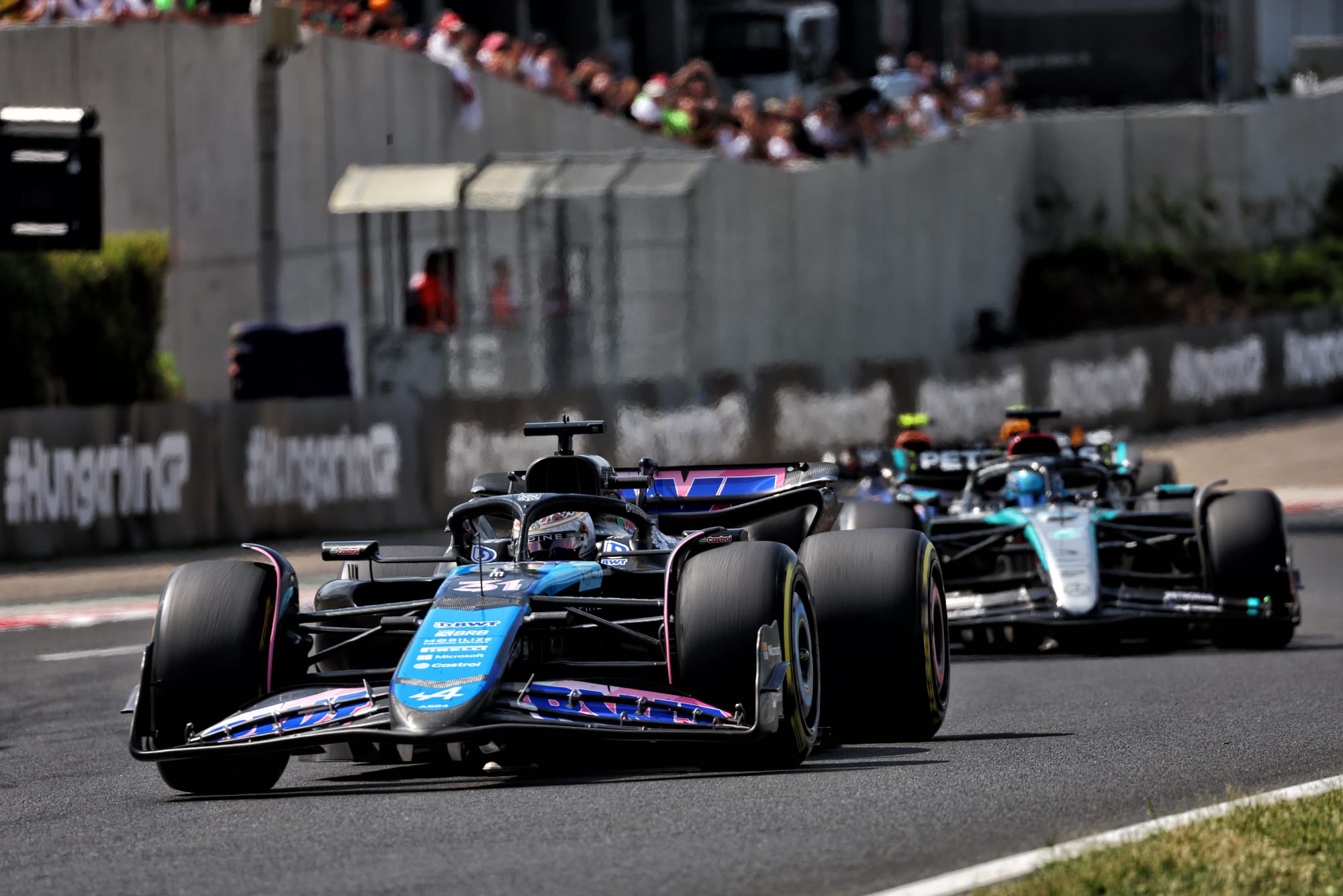Up Next

The Alpine Formula 1 team confirming that Renault's F1 engine activities will continue until the end of 2025 also effectively serves as confirmation that the programme will conclude after that point - with the creation of the 'Hypertech Alpine' division setting out how those resources will be repositioned at Viry-Chatillon.
And though there was no wording officially announcing that the engine programme will come to an end, or of the team's plans for 2026 onwards, everything is pointing to Alpine becoming a Mercedes customer squad for the start of the next F1 rules cycle.
How badly does this reflect on Renault's ambitions? Is a war of perception in the wider group now won? Was this just the most pragmatic decision available to it? Or is this a sorry state for a project steeped in history to go out in?
Our writers have their say:
Renault's not serious about returning to the top
Edd Straw
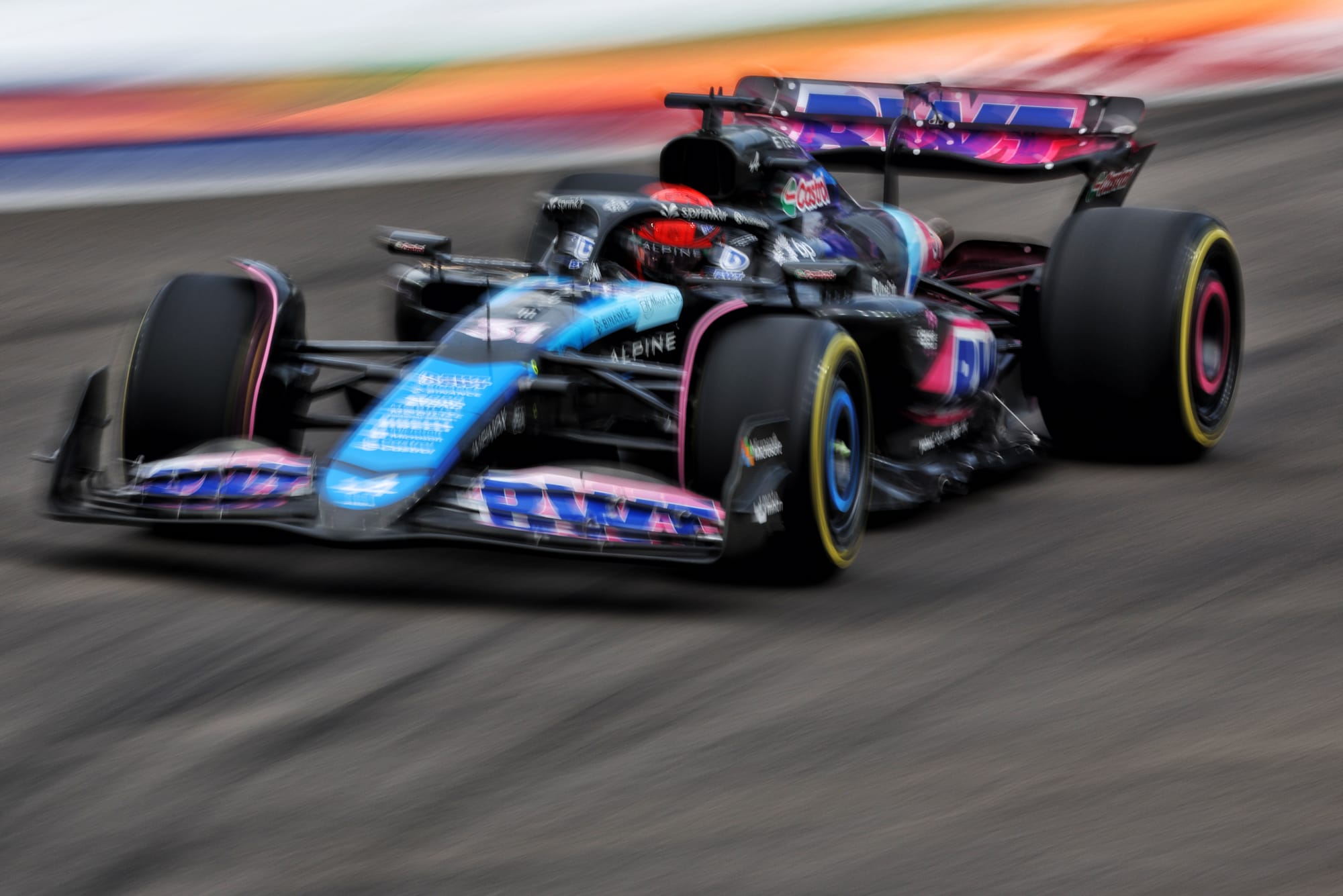
Renault shuttering its engine programme might be a pragmatic move, but it reveals an impoverished vision for what it can achieve in F1.
Having full control of both chassis and engine development is the dream for any team, so to relinquish that status voluntarily is an admission of failure. If F1 is a marketing exercise for Renault and the Alpine brand then the message is 'we're not capable of making this work' because the argument is it will do better if it does less.
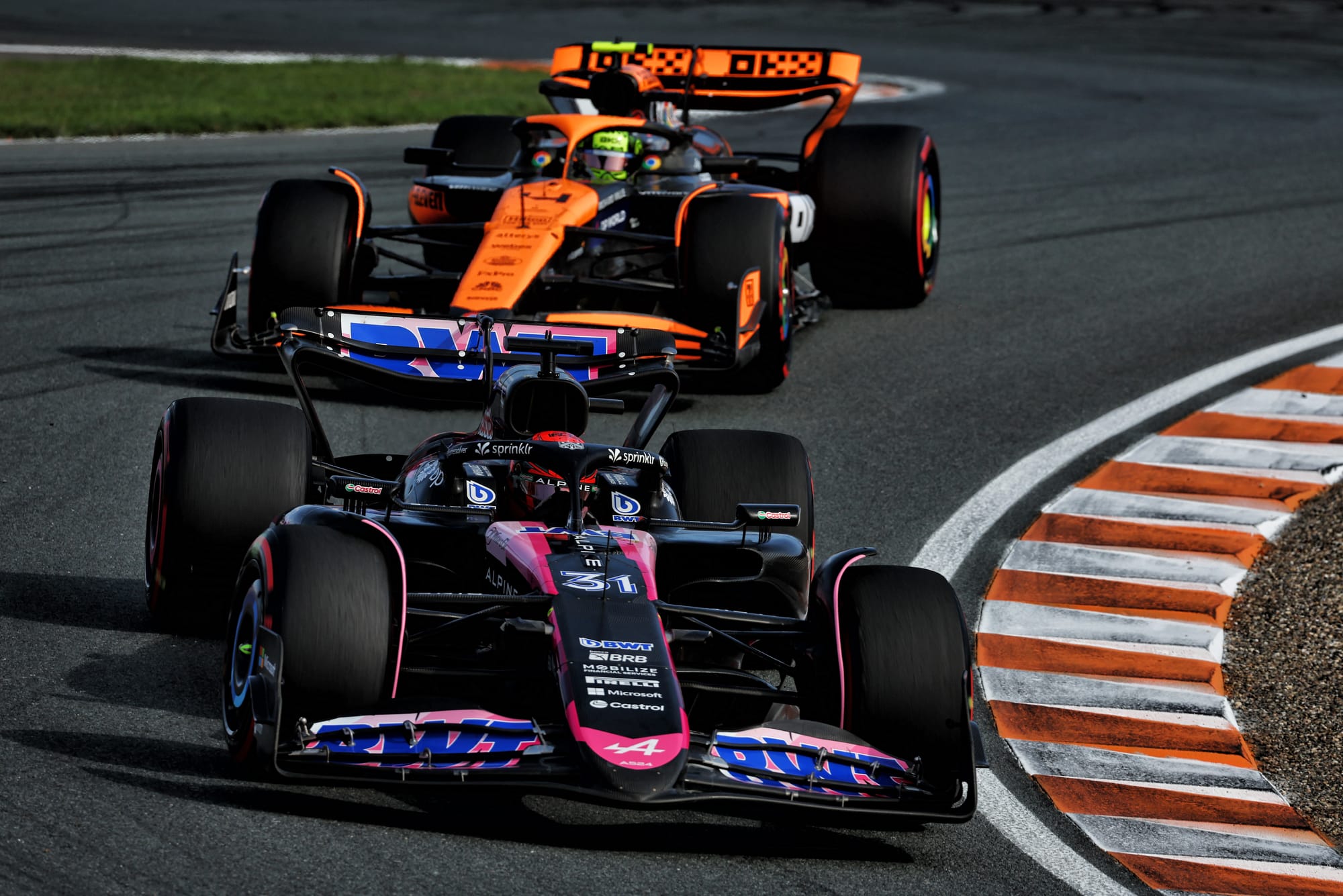
The reality is that Alpine is shaving a little from its performance potential. Yes, McLaren is thriving as a Mercedes customer team but in a heartbeat would become a full works team if it could do it properly. If the McLaren model is Renault's reasoning then it's the equivalent of looking at an organisation, attributing its effectiveness to the most superficial characteristics and assuming that's the secret of its success.
Since reviving its works team, Renault has always tried to make a virtue of doing F1 with less commitment than the top teams and this is just another manifestation of that.
Renault consistently denies this, but the strategy is only logical if there's a bigger picture at play. The workers at the engine base Viry have stated that saving money is one of the reasons they have been given for the move, which is at odds with Renault's claim it is still as committed as ever to succeeding.
There's also the fact that everything this team appears to be doing is geared towards cashing in with a sale in the medium-term given it's far easier to do as a customer team that is less entangled in the Renault mothership.
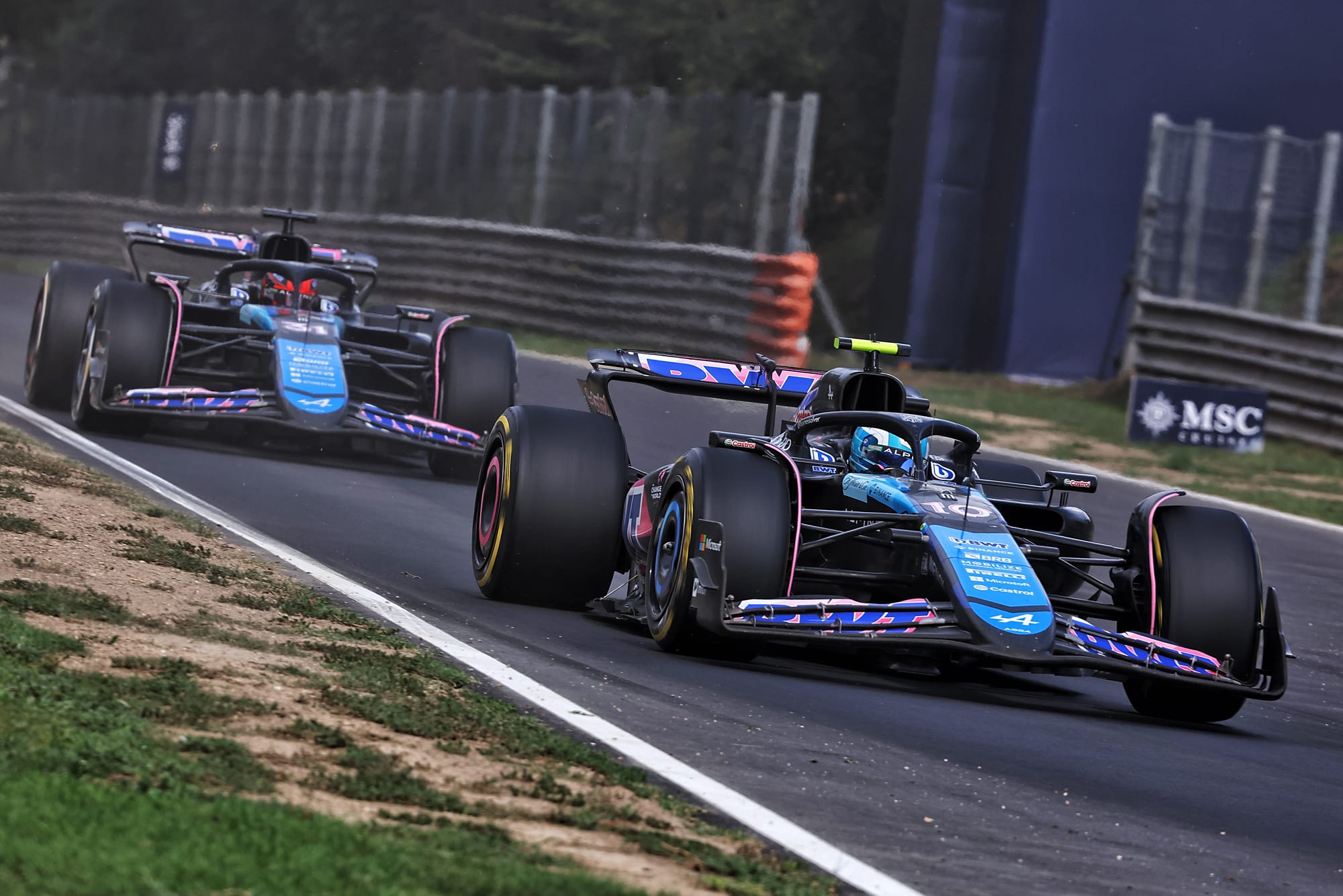
If that is the agenda then it at least makes sense, in harness with Flavio Briatore being brought in.
Whatever the true motivations, and they will become clear with time, this is further evidence that Renault is neither serious about getting back to the top in F1 nor capable of doing so.
Why not jettison Enstone too?
Ben Anderson
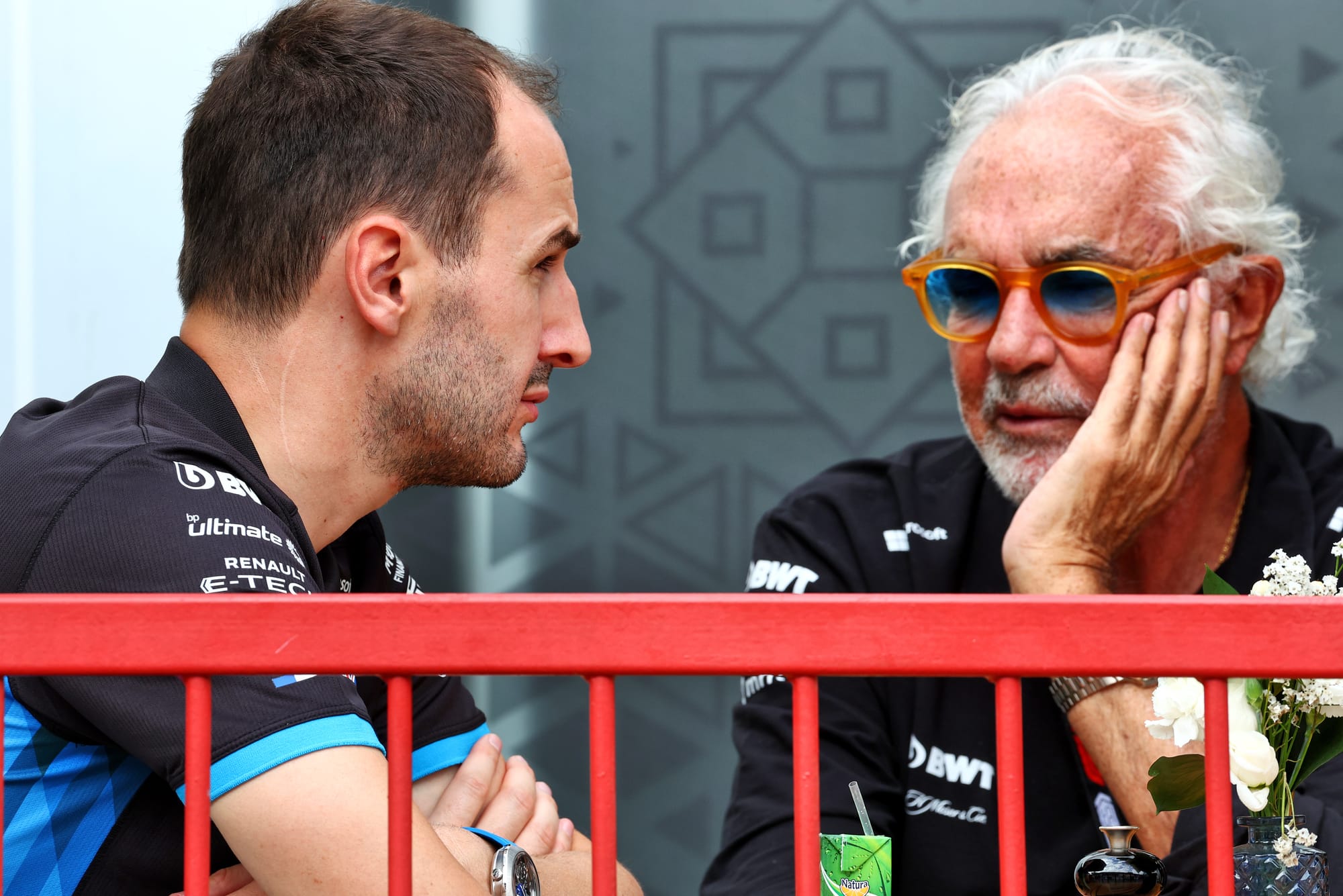
This is not the first time the link between Enstone and Viry has been severed but, unlike Renault's two previous withdrawals from F1 in the late-1990s and early-2010s, this one feels like it comes with a certain vicious permanence.
Basically, it amounts to Renault saying to Viry staff, 'we're going to carry on in F1 actually, just without you' - and that’s got to hurt given the long history.
Of course, one way of addressing years of chronic underinvestment and underestimation of your F1 engine project is to nix it completely and, although this very much looks like the result of recent management upheaval (with the puppeteering hand of Briatore behind it), I feel like this is the uncivilised ending to a long-running civil war.
Towards the end of 2023, then-interim Alpine team principal Bruno Famin spoke a lot about the need to better integrate the Viry and Enstone elements of the F1 operation. This naturally implied that for too long the two sides had been at loggerheads, blaming each other for failure, and that this was to the detriment of Renault/Alpine's short-term performance as well as its long-term goals.
Attempts to reconcile the whole mess - which goes all the way back to the fracturing of the relationship with Red Bull and then attempts to successfully run a works team on 15% fewer resources than other top teams in a pre-cost-cap F1 era - appear to have failed.
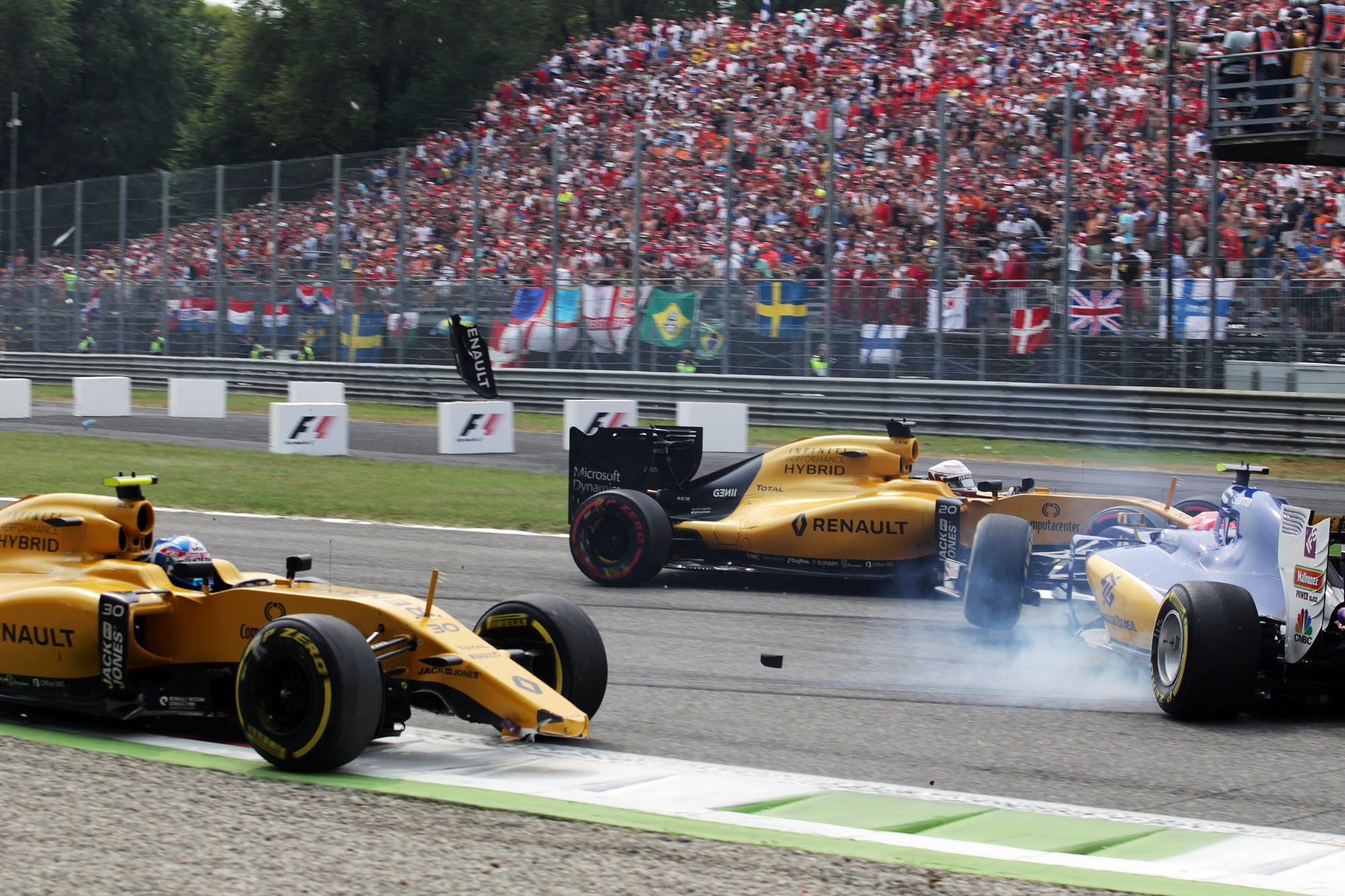
Severing the engine programme at Viry, while nominally maintaining the Enstone race team as an Alpine/Renault project, suggests Enstone has won the long-running war of perception within the wider organisation.
Or, it could simply be that no one really knows where the blame lies. Both elements could be well below par, but the race team is the bit that has more residual value - and plugging in a customer Mercedes engine is the perfect way to expose any remaining limitations, as well as protect your most valuable asset in this franchised era of F1.
It's unambitious, certainly, and voluntarily sacrificing works status is ultimately harmful to the team's overall potential - but if only a small fraction of that potential is ever being realised (which has been the case for ages now) this is a pragmatic step to remedying that situation on a shorter (and much cheaper) timescale.
But I may also be lending too much credence to a strategic approach here. There's no doubt Renault engines have been a chronic disappointment in F1 for the best part of the past decade now, but in the more recent Alpine era, it also feels very much like Viry has been set up to fail by an almost constantly revolving door of senior management upheaval within the F1 team, which has created a sense of almost permanent crisis.
If Renault is finally calling time on its F1 engine programme, it should do everyone the courtesy of jettisoning Enstone from its clutches too. For too long, Renault's mismanagement and underinvestment has strangled the potential of both entities, preventing them from becoming anything close to the sum of their parts.
A limp ending for a once dominant force
Matt Beer
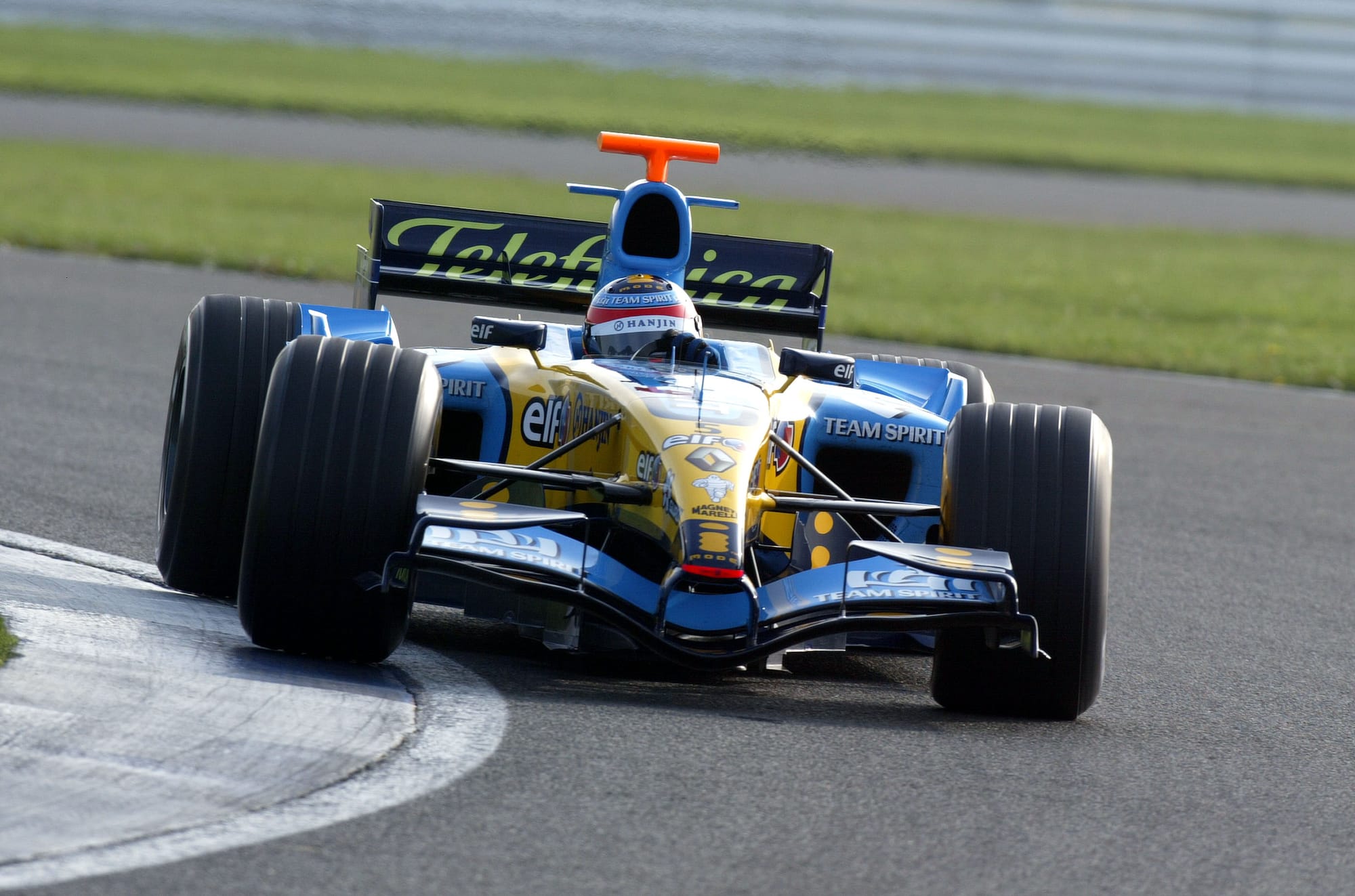
Renault's long F1 engine history admittedly contains more angst than glory - the turbo pioneer that never managed to execute a complete season smoothly enough to win a turbo title as hordes of rival manufacturers turned up and did better jobs; the 21st century engines that its own works team and Red Bull won titles in spite of, not because of.
But in their various guises, those engines have been such a newsworthy part of the F1 plot for so many decades with only brief gaps.
And in the era I first became obsessed with F1, a Renault V10 was generally the key to dominating.
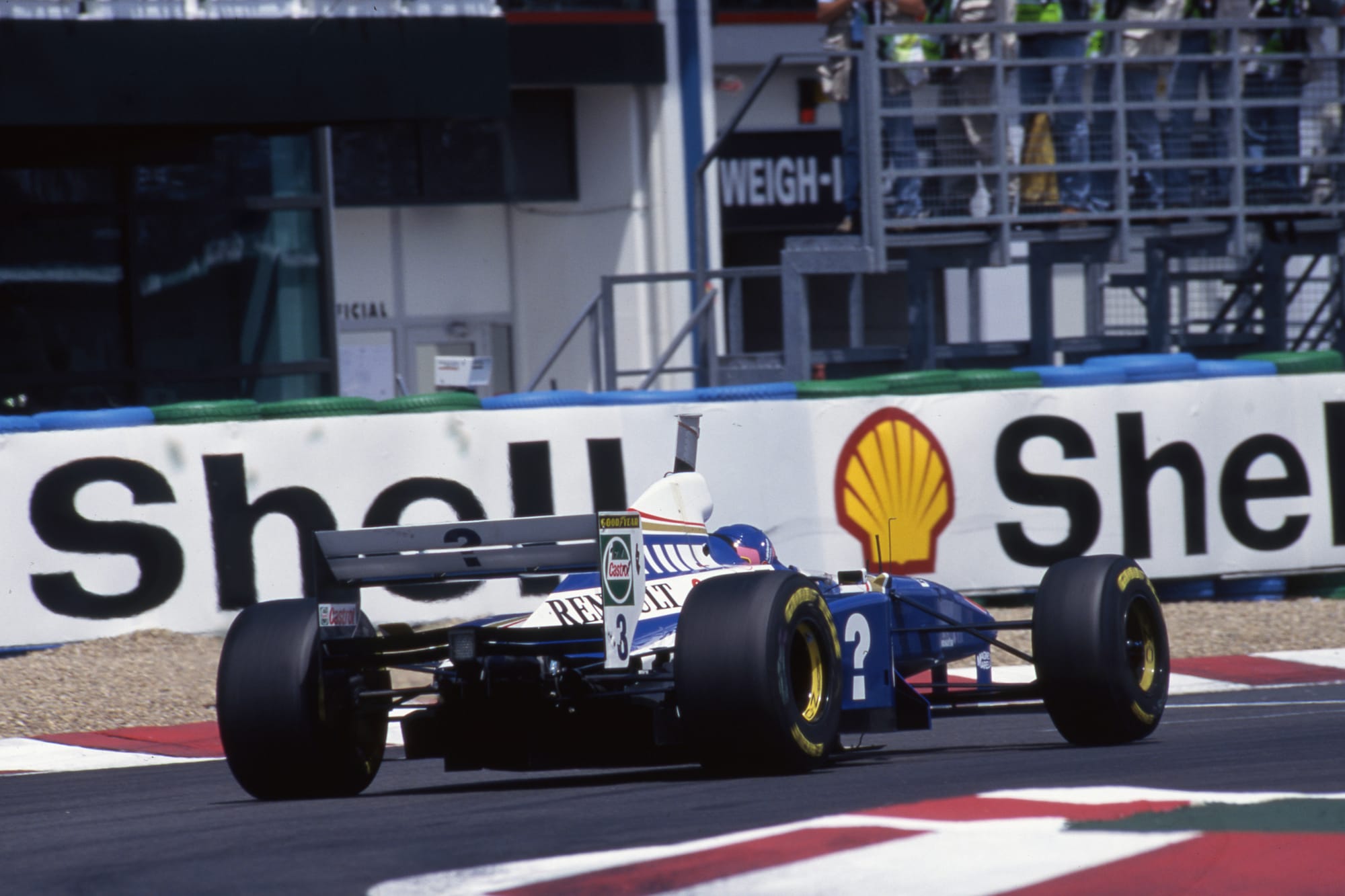
There's no logic in plugging on with a programme that can't keep up with what rivals are now putting in and Alpine will almost certainly be in better shape with a Mercedes in the back.
But it's still sad to think of an F1 grid with nothing Renault powered on it, and sadder still for everyone who made the programme's great days possible that it's limping out like this.
A lower ceiling's at least one within reach
Glenn Freeman
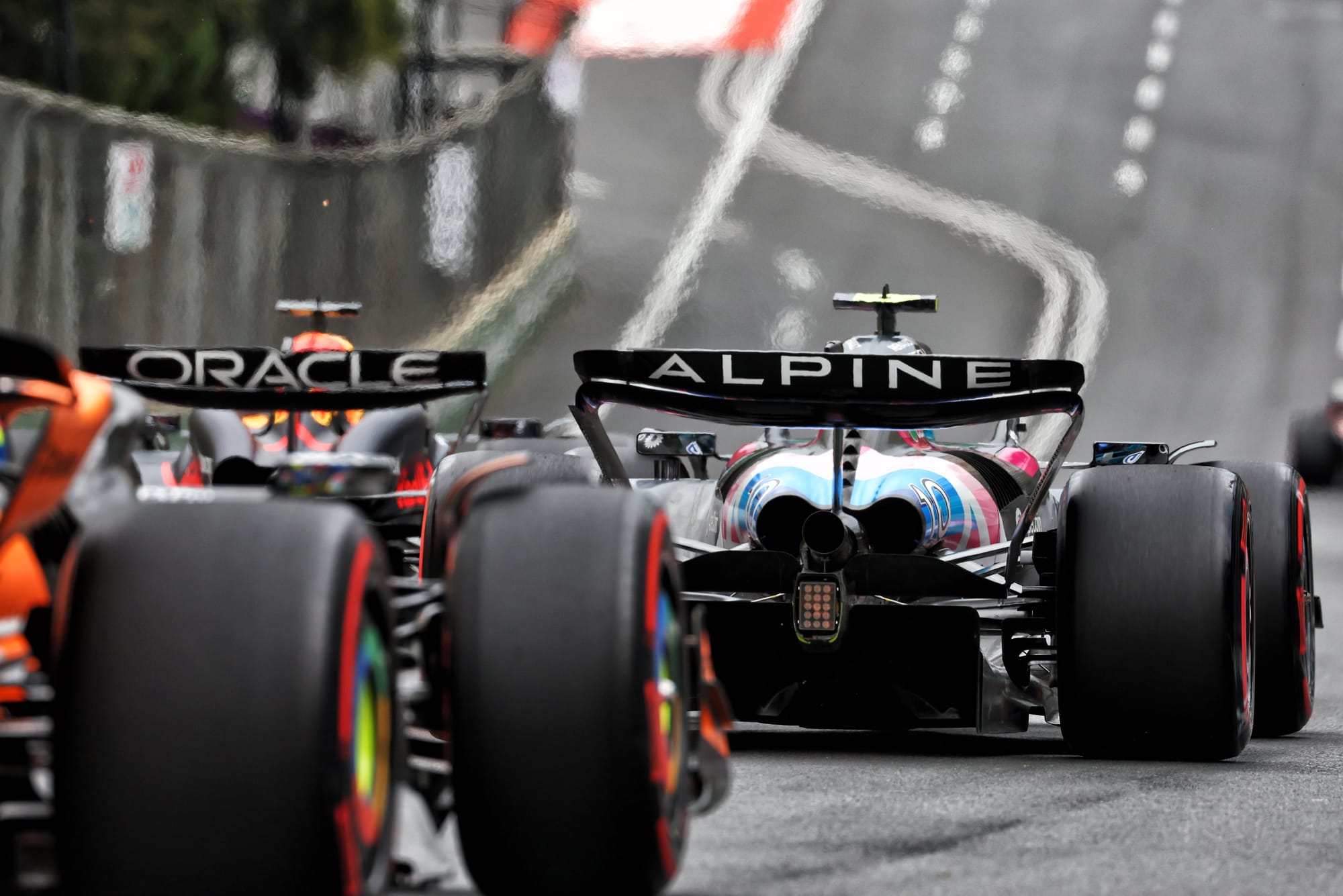
At face value, a manufacturer shutting down its F1 engine operation looks like a disastrous move. But that's before you look at how that engine operation has performed for over a decade now.
Renault has never fully got on top of F1's hybrid era. It made a horrific start in 2014, and ever since then, it has bounced between clawing back to a level of respectability, and falling behind again.
But if Renault doesn't want to make the required investment to get its engine programme up to the required level, then stopping it entirely is a pragmatic move that could make the team it owns more competitive.
Yes, being a customer team lowers the ceiling of what you can achieve. But not in the way it used to in previous eras. Just look at what McLaren is doing as a Mercedes customer!
There's no point having a theoretical higher ceiling, if it's a ceiling you were never going to be able to reach.


